---------------------------------------------------------
Duck eggs are highly prized by bakers and gourmet chefs alike, but how are duck eggs different than your standard chicken egg?
For starters, duck eggs are big. Different breeds of both chickens & ducks lay different size eggs, but generally speaking, ducks eggs are about 50% larger than “medium” grade chicken eggs. In the picture below I arranged the different USDA egg weight categories. Counterclockwise starting at noon we have pee wee chicken, small chicken, medium chicken, large chicken, extra large chicken, jumbo chicken, and a duck egg.
USDA Egg Weight Categories
Pee Wee eggs (laid by my little bantam Mille Fleur D’Uccle) weigh in at just 1.10 ounces. Small eggs weigh 1.55 ounces. Medium are 1.70 ounces. Large eggs are around 2 ounces (this is the size egg called for in most recipes). Extra large eggs weigh in around 2.3 ounces and Jumbos at around 2.5 ounces. The duck egg in the picture weighed in at 3.4 ounces, but I have had some duck eggs that weigh 4+ ounces!
Duck Egg Shells
Just like chicken eggs, duck egg shells can come in a range of colors varying from white, brown, cream, blue, grey, and even black! Duck eggshell color is determined by the duck’s breed. Also similar to chickens, ducks coat their eggs with a protective invisible bloom in the last step before they are laid. This keeps bacteria out if the mother duck decided she wanted to incubate it. Duck egg bloom is slightly waxier than chicken bloom. This can make the egg appear a little dirty as the waxy bloom attracts dust & dirt, but is helpful for duck moms laying eggs at a pond’s edge.
Duck egg whites
When you crack open a duck egg, the first thing you will notice is that the shell is significantly thicker than a chicken egg. The white of a duck egg is nearly transparent whereas chicken eggs usually have a light yellowish hue. The duck egg white is firmer with more structure than a chicken egg white.
This firm white is one of the reasons chefs love cooking with duck eggs. The egg white (or albumen) helps baked goods like cakes, rise higher with a light, fluffy texture. Cookies turn out moist & chewy. The firmer albumen can help bind ingredients & improve texture in gluten-free recipes.
Duck egg yolks
The other reason chefs love duck eggs lies in the yolk. Much larger than a chicken yolk, they also have a much higher fat content which lends a rich taste to dishes. Duck eggs are divine in homemade ice cream and stellar in custard fillings for pastries.
How do duck eggs differ nutritionally?
Duck eggs & chicken eggs have very similar nutritional profiles and many of the differences are simply due to the larger size of the duck egg.
Duck eggs are notably higher in both fat & cholesterol compared to chicken eggs. This is partly due to the difference in the bird’s diets. Ducks tend to favor eating high protein bugs, snails, and slugs over plant matter.
Each duck egg has about 600 milligrams of cholesterol which is about twice the recommended daily intake level. So duck eggs should not be an everyday indulgence for those who struggle with their cholesterol levels.
The fat content of duck eggs is much higher, but that isn’t necessarily a bad thing. The fat is monounsaturated & polyunsaturated fats (healthy fats). It contains a much higher concentration of omega-3 fatty acids (72 mg vs 37 mg in chicken eggs), an essential cellular building block that many people struggle to get enough of in their diets.
Duck egg are significantly higher in:
protein (9 g. vs 5 g. for chicken eggs)
iron (2.7 mg. vs 0.9 mg. for chicken eggs)
vitamin A (472 IU vs 244 IU for chicken eggs)
folate (56 mcg. vs 23 mcg. for chicken eggs)
choline (184 mg. vs 126 mg. in chicken eggs)
Duck Egg Allergies
Duck egg whites contain a different type of protein than chicken eggs. Often times people that are allergic to chicken eggs can eat duck eggs with no problems (as always run this by your doctor before experimenting though).
How do duck eggs taste?
Duck eggs and chicken eggs taste pretty much the same. If you scramble them up mixed together you likely won’t notice a difference. If you were to scramble them up side by side and taste each separately……you will still find they taste similar. The duck egg has a slightly stronger “egg” flavor thanks to its larger yolk vs white ratio, and also because of the duck’s higher protein diet (assuming the ducks were allowed to free range and eat bugs). Duck eggs also have a creamier, richer texture due to the higher fat content.
How to cook duck eggs
Cooking duck eggs is a little bit different than cooking chicken eggs. Scrambling them up is going to be the same, and they are great when used in a frittata or omelet. But if you are frying or hard boiling them, a little extra care is needed. Duck eggs have a lower water content than chicken eggs so overcooking them can give them a rubbery texture.
For great hard-boiled duck eggs, place the eggs in a pot of cold, salted water. Bring to a boil. Once the water is boiling, remove the pot from the heat and let sit for 12 minutes. Carefully remove the eggs & place them in a bowl of ice water until cool.
How to bake with duck eggs
Baking with duck eggs might also require a little playing around with the recipe. In many recipes, you can just substitute one chicken egg for one duck egg, but every recipe is different. If your recipe calls for multiple eggs, an easy substitution is to use 2 duck eggs for every 3 chicken eggs.
If you have a finicky recipe, you can measure out the whites & yolks. A standard large chicken egg (used in most recipes) is the equivalent of 1 tablespoon of yolk and 2 tablespoons of white.

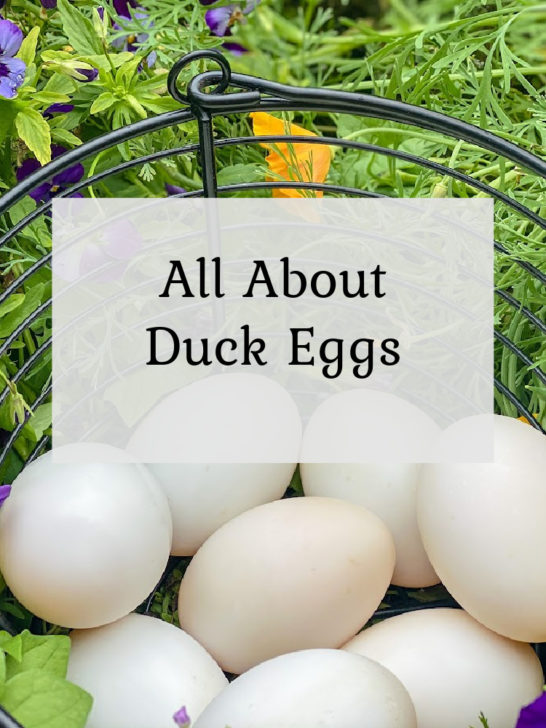
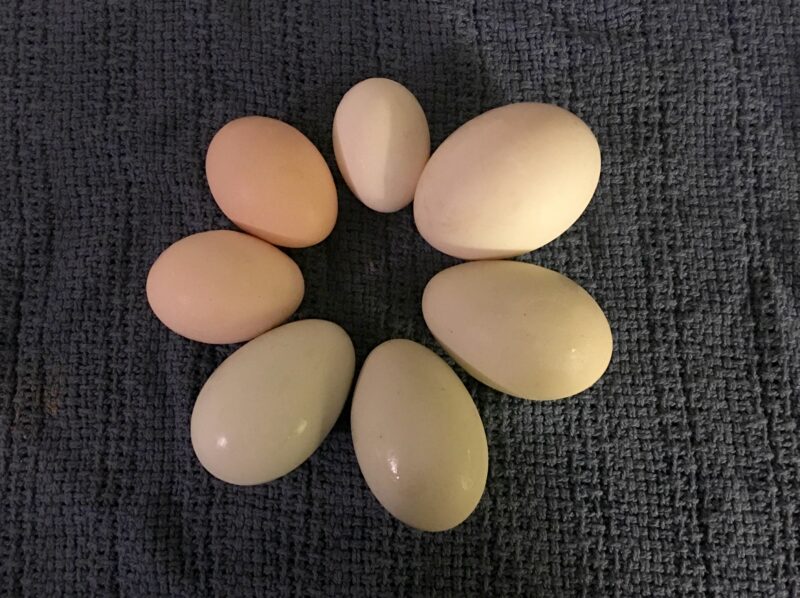


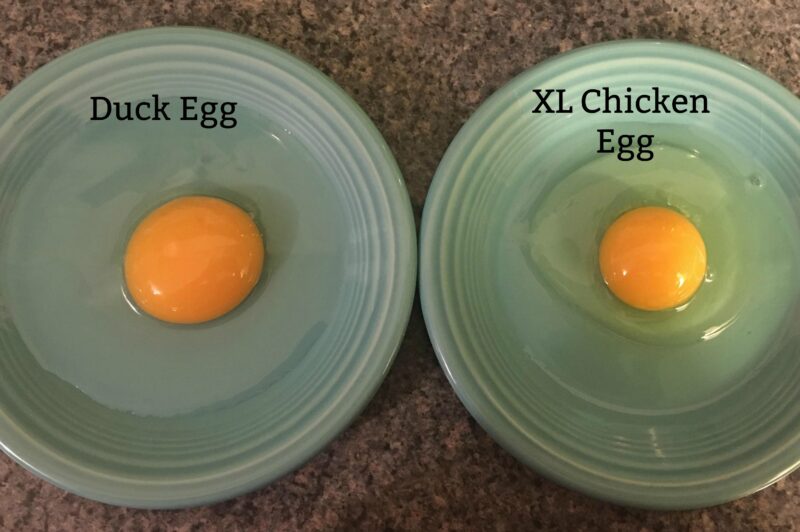
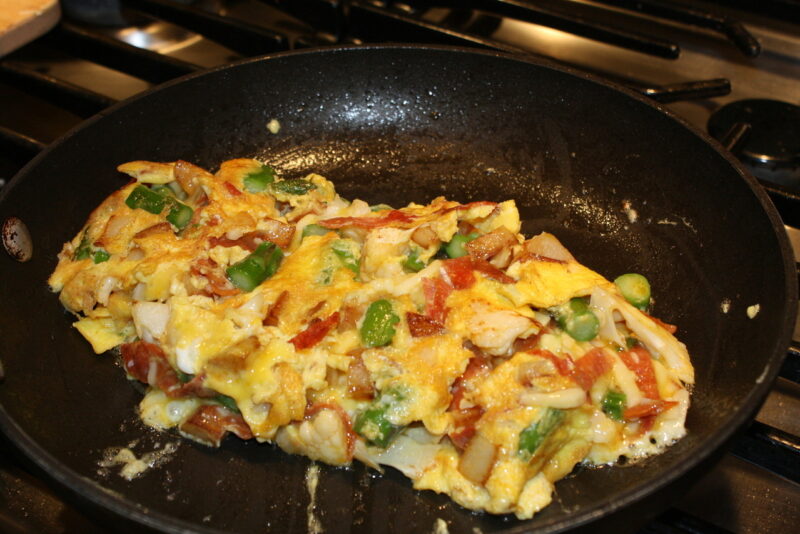
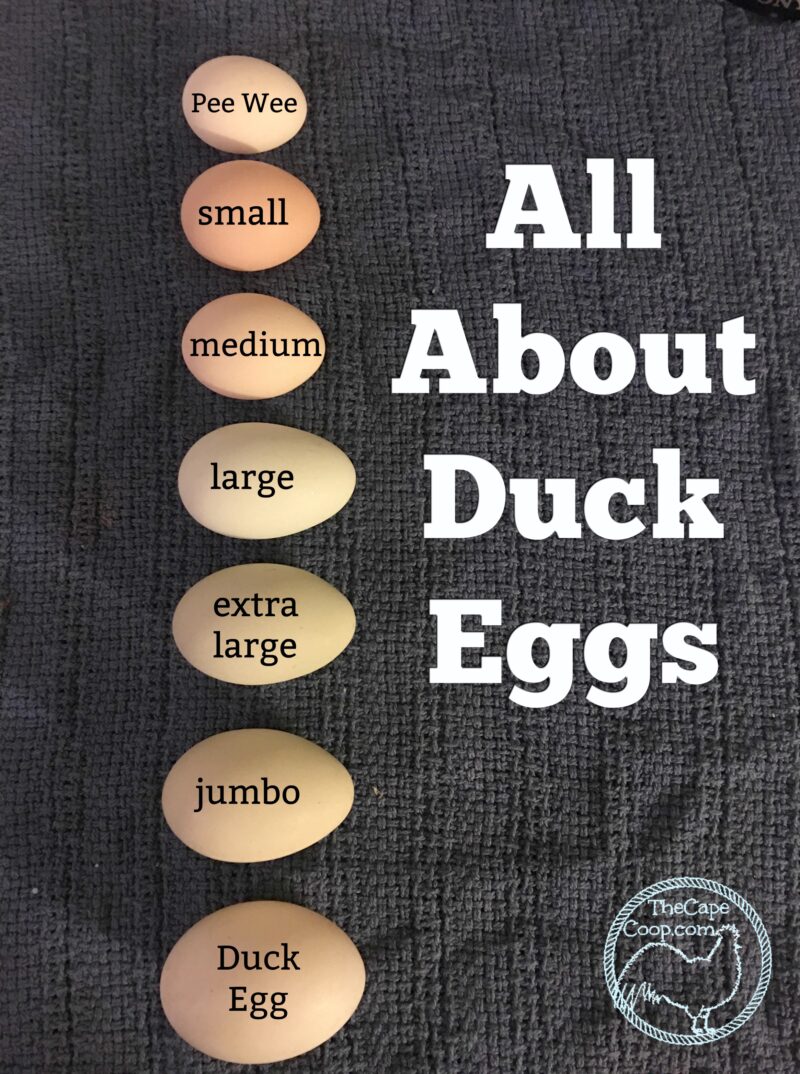

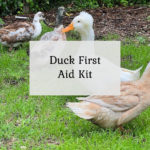
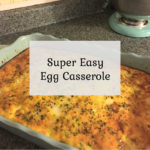
Debbie
Thursday 22nd of August 2024
Duck eggs are the best. I eat 2 fresh ones a day. The best thing I've made with them is a duck egg and veggie frittata. I had a lot so I used 18 eggs. Whipping was a chore, but the end result was worth it. So creamy and no milk used.
Tammy Smith
Saturday 23rd of September 2023
*I HAVE an intolerance to chicken eggs, auto correct🙄.
Tammy Smith
Saturday 23rd of September 2023
I am one of those that haven't intolerance for chicken eggs, therefore I have turned to duck eggs. Would you happen to know what the calories are for the sizes of the duck eggs?
Liz
Monday 25th of September 2023
The USDA doesn't have different weight classes for duck eggs (that I am aware of). The largest weight class for chicken eggs is jumbo which is at least 2.5 oz per egg. Duck eggs generally are only sold in one standard size and usually range from 3-4 oz. According to the USDA's website 100 gram duck egg (3.5 oz) has 185 calories https://fdc.nal.usda.gov/fdc-app.html#/food-details/172189/nutrients
joyce
Monday 10th of May 2021
Thank you, Liz. I believe it must be a calcium deficiency and will offer all the ducks a supplement.
Joyce
Saturday 8th of May 2021
One of my blue runner ducks recently started laying eggs with rubbery shells that don't firm up. Any ideas on what could be causing this and how to prevent it? Thanks!
Liz
Monday 10th of May 2021
If she is a new layer, sometimes it takes a couple weeks to work out all the kinks in the egg laying system. Rubbery or no shells eggs can happen from time to time. When you see them regularly it is a sign she has a calcium deficiency. Egg shells require a lot of calcium to produce. Is she on a layer feed? Layer feeds have the added calcium that is usually lacking in chick starter or multi-flock feeds. You can also offer calcium supplements in the form of crushed oyster shells, or crushed up chicken/duck egg shells.